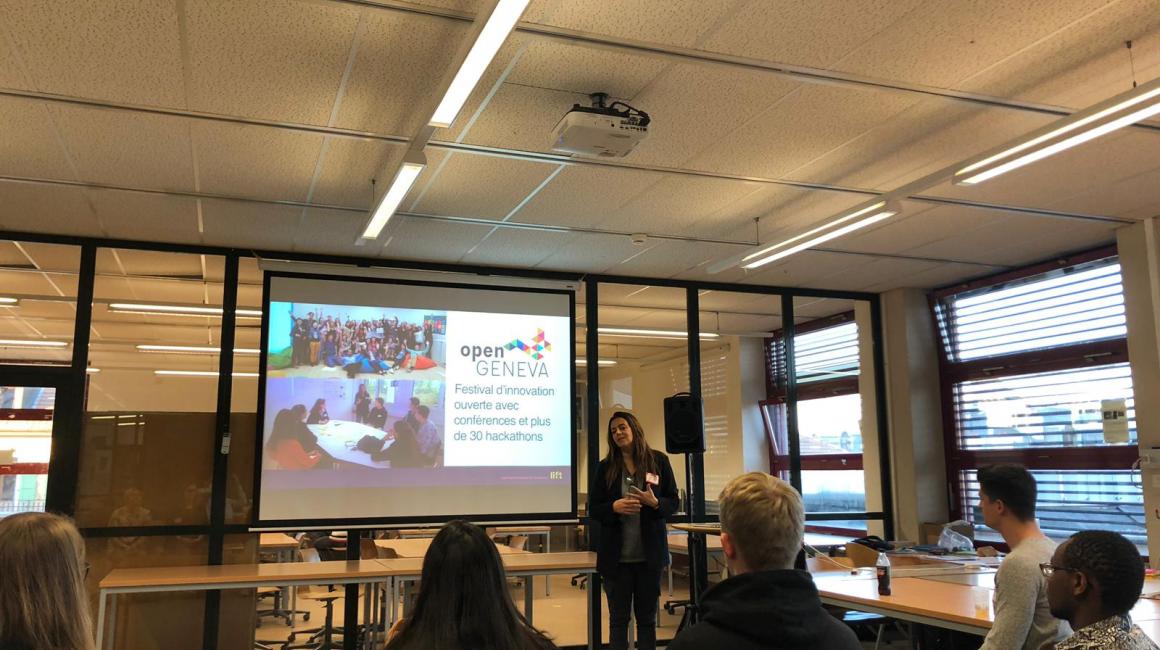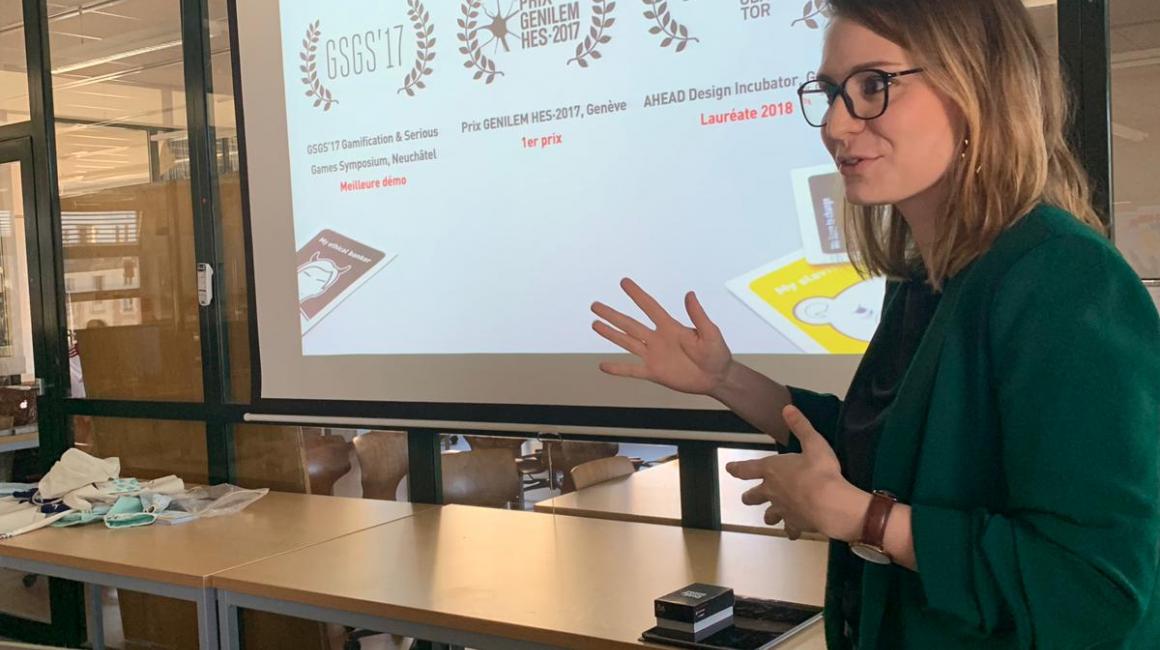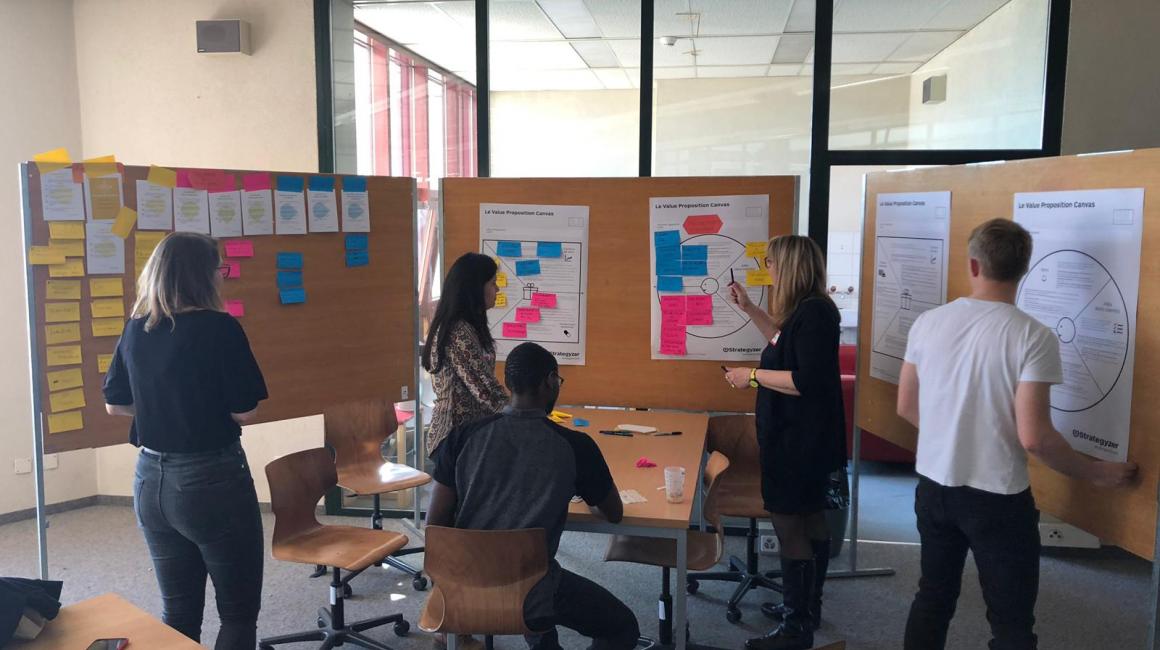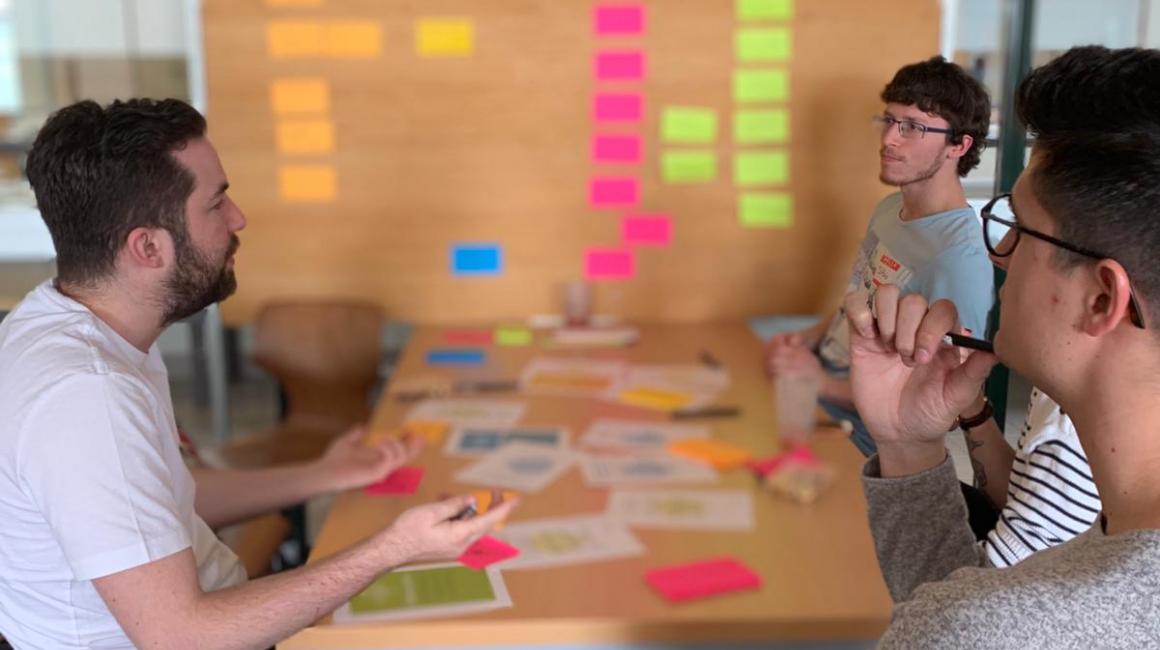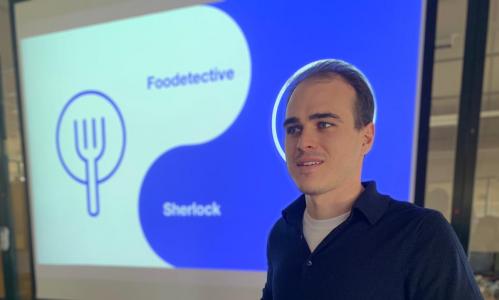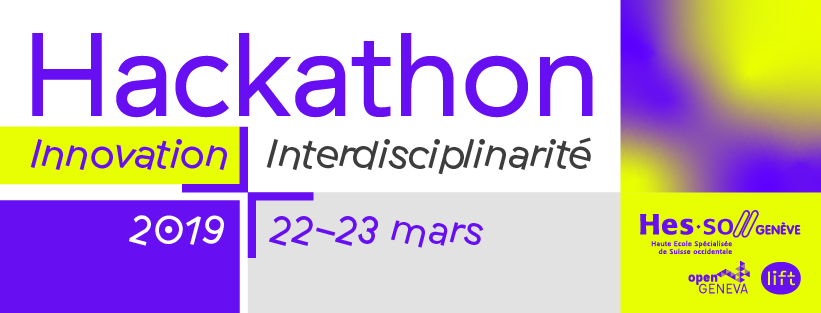
The Hackathon HES-SO Geneva took place on 22 and 23 March 2019 during the Open Innovation Festival called Open Geneva. Organized at HEPIA, the hackathon brought together over ten participants, including students and assistants from HEAD, HEPIA, and HEG.
The objective of the hackathon was to support the participants in their creative process with the help of innovation coaches and facilitators. Participants were able to discover innovation processes and methodologies, and practices, in interdisciplinary teams, how to use various tools to frame their ideas and projects.

